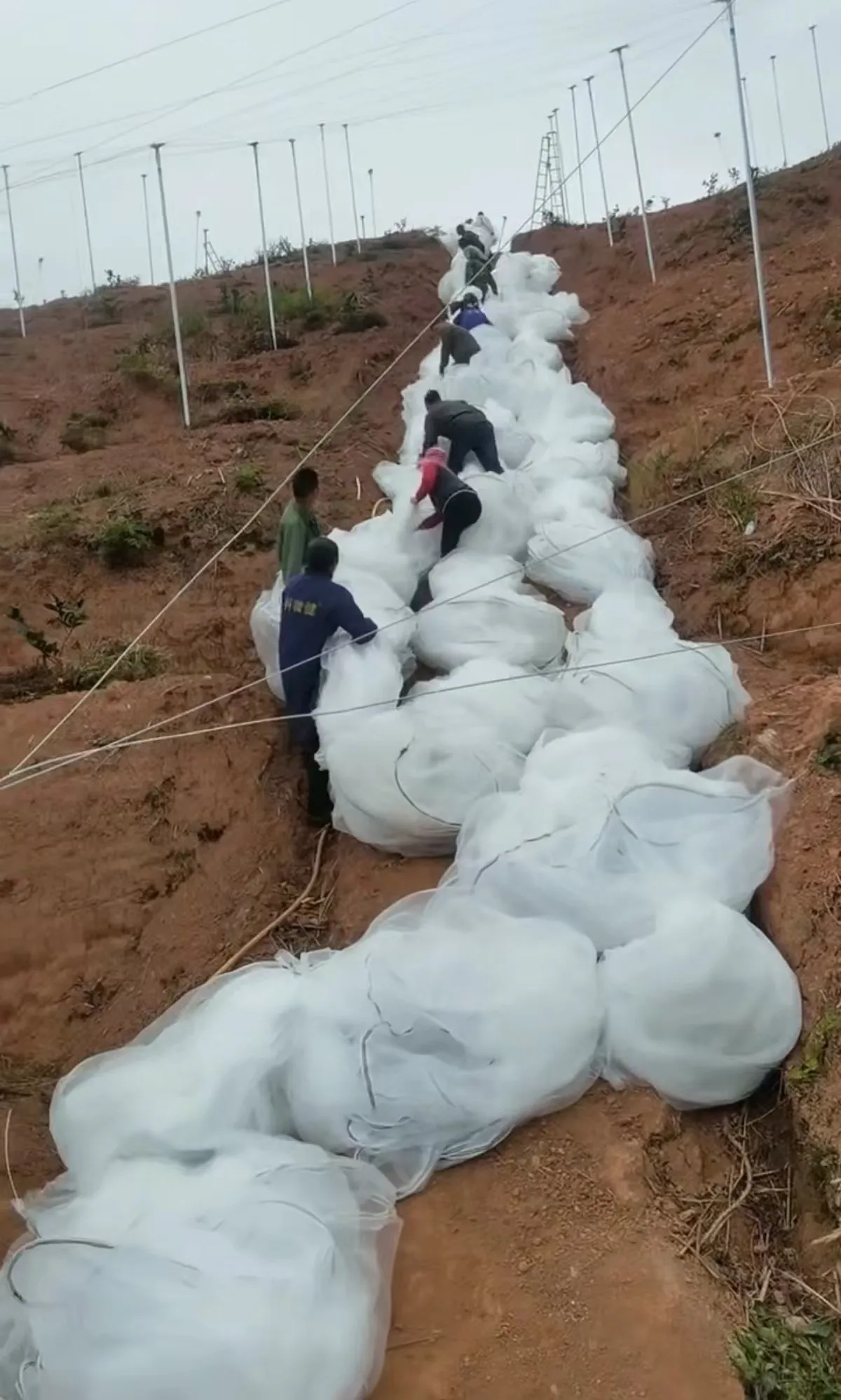-
 Afrikaans
Afrikaans -
 Albanian
Albanian -
 Amharic
Amharic -
 Arabic
Arabic -
 Armenian
Armenian -
 Azerbaijani
Azerbaijani -
 Basque
Basque -
 Belarusian
Belarusian -
 Bengali
Bengali -
 Bosnian
Bosnian -
 Bulgarian
Bulgarian -
 Catalan
Catalan -
 Cebuano
Cebuano -
 China
China -
 Corsican
Corsican -
 Croatian
Croatian -
 Czech
Czech -
 Danish
Danish -
 Dutch
Dutch -
 English
English -
 Esperanto
Esperanto -
 Estonian
Estonian -
 Finnish
Finnish -
 French
French -
 Frisian
Frisian -
 Galician
Galician -
 Georgian
Georgian -
 German
German -
 Greek
Greek -
 Gujarati
Gujarati -
 Haitian Creole
Haitian Creole -
 hausa
hausa -
 hawaiian
hawaiian -
 Hebrew
Hebrew -
 Hindi
Hindi -
 Miao
Miao -
 Hungarian
Hungarian -
 Icelandic
Icelandic -
 igbo
igbo -
 Indonesian
Indonesian -
 irish
irish -
 Italian
Italian -
 Japanese
Japanese -
 Javanese
Javanese -
 Kannada
Kannada -
 kazakh
kazakh -
 Khmer
Khmer -
 Rwandese
Rwandese -
 Korean
Korean -
 Kurdish
Kurdish -
 Kyrgyz
Kyrgyz -
 Lao
Lao -
 Latin
Latin -
 Latvian
Latvian -
 Lithuanian
Lithuanian -
 Luxembourgish
Luxembourgish -
 Macedonian
Macedonian -
 Malgashi
Malgashi -
 Malay
Malay -
 Malayalam
Malayalam -
 Maltese
Maltese -
 Maori
Maori -
 Marathi
Marathi -
 Mongolian
Mongolian -
 Myanmar
Myanmar -
 Nepali
Nepali -
 Norwegian
Norwegian -
 Norwegian
Norwegian -
 Occitan
Occitan -
 Pashto
Pashto -
 Persian
Persian -
 Polish
Polish -
 Portuguese
Portuguese -
 Punjabi
Punjabi -
 Romanian
Romanian -
 Russian
Russian -
 Samoan
Samoan -
 Scottish Gaelic
Scottish Gaelic -
 Serbian
Serbian -
 Sesotho
Sesotho -
 Shona
Shona -
 Sindhi
Sindhi -
 Sinhala
Sinhala -
 Slovak
Slovak -
 Slovenian
Slovenian -
 Somali
Somali -
 Spanish
Spanish -
 Sundanese
Sundanese -
 Swahili
Swahili -
 Swedish
Swedish -
 Tagalog
Tagalog -
 Tajik
Tajik -
 Tamil
Tamil -
 Tatar
Tatar -
 Telugu
Telugu -
 Thai
Thai -
 Turkish
Turkish -
 Turkmen
Turkmen -
 Ukrainian
Ukrainian -
 Urdu
Urdu -
 Uighur
Uighur -
 Uzbek
Uzbek -
 Vietnamese
Vietnamese -
 Welsh
Welsh -
 Bantu
Bantu -
 Yiddish
Yiddish -
 Yoruba
Yoruba -
 Zulu
Zulu
Effective Solutions for Garden Protection Using Aphid-Proof Netting to Enhance Plant Health
Aphid Proof Netting A Sustainable Solution for Gardeners
As the global trend towards sustainable gardening and organic farming continues to gain traction, effective pest management remains a crucial concern for gardeners and agricultural enthusiasts alike. Among various pests, aphids are notorious for their ability to wreak havoc on tender plants, causing stress and damaging crops. One of the most effective solutions to combating aphid infestations is the use of aphid proof netting, a simple yet innovative approach that offers numerous benefits for both home gardeners and commercial growers.
Aphids are small, often green or black insects that feed on the sap of plants by piercing the plant's tissues
. This feeding can weaken plants, stunt their growth, and lead to secondary issues such as sooty mold and the transmission of plant viruses. Traditional pest control measures often involve the use of chemical pesticides, which can have detrimental effects not only on the environment but also on beneficial insects, pollinators, and human health. In contrast, aphid proof netting provides a barrier that prevents these pests from accessing plants while promoting a healthier ecosystem.Aphid proof netting is typically made from lightweight, breathable materials that allow sunlight and moisture to penetrate, creating an ideal environment for plants to grow. This netting is designed with small mesh sizes, specifically engineered to keep aphids and other pests at bay while allowing beneficial insects, like ladybugs and lacewings, to enter and help control pest populations naturally. Consequently, this method aligns perfectly with organic gardening principles, enabling growers to maintain healthy crops without resorting to harmful chemicals.
aphid proof netting

One of the key advantages of aphid proof netting is its versatility. Gardeners can use it in various settings, including home gardens, greenhouses, and commercial farms. The netting can be draped over individual plants or entire garden beds, providing a customizable solution that can adapt to different gardening needs. Additionally, the netting can be combined with other pest management strategies, such as companion planting and crop rotation, to further enhance its effectiveness.
In terms of installation, aphid proof netting is typically easy to set up and can be adjusted as necessary. Gardeners can secure the netting with stakes, clips, or weights to ensure it remains in place, even in windy conditions. Moreover, the netting is often reusable, making it a cost-effective investment for long-term pest management practices.
Maintenance is relatively low; simply check for any tears or holes in the netting and ensure it remains securely fastened to keep aphids out. It's important also to monitor the condition of the plants underneath the netting to ensure they are thriving and not becoming overheated or lacking in air circulation.
In conclusion, aphid proof netting is a valuable tool for gardeners seeking sustainable solutions to pest management. By providing a physical barrier against aphids while fostering a healthy environment for beneficial insects, this method not only protects crops but also promotes biodiversity and ecological balance. As the pursuit of organic and environmentally friendly gardening practices continues to rise, investing in aphid proof netting is a proactive step towards ensuring the health and productivity of gardens and farms, proving that nature's balance can be upheld even in the face of pest challenges. Embracing such innovative solutions ultimately leads to a more sustainable future for agriculture and gardening alike.
-
Shipping Plastic Bags for Every NeedNewsJul.24,2025
-
Safety Netting: Your Shield in ConstructionNewsJul.24,2025
-
Plastic Mesh Netting for Everyday UseNewsJul.24,2025
-
Nylon Netting for Every UseNewsJul.24,2025
-
Mesh Breeder Box for Fish TanksNewsJul.24,2025
-
Expanded Steel Mesh Offers Durable VersatilityNewsJul.24,2025











